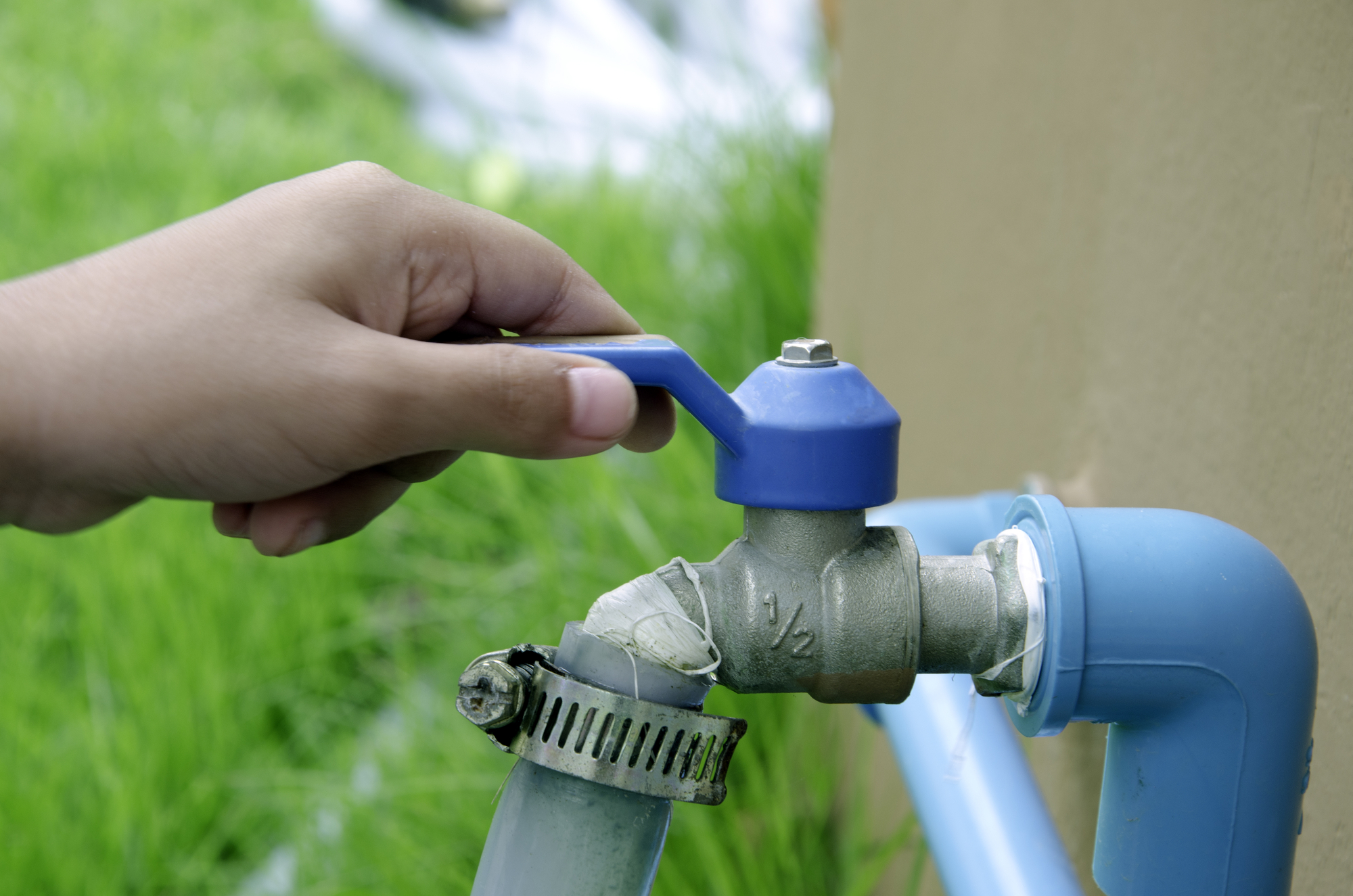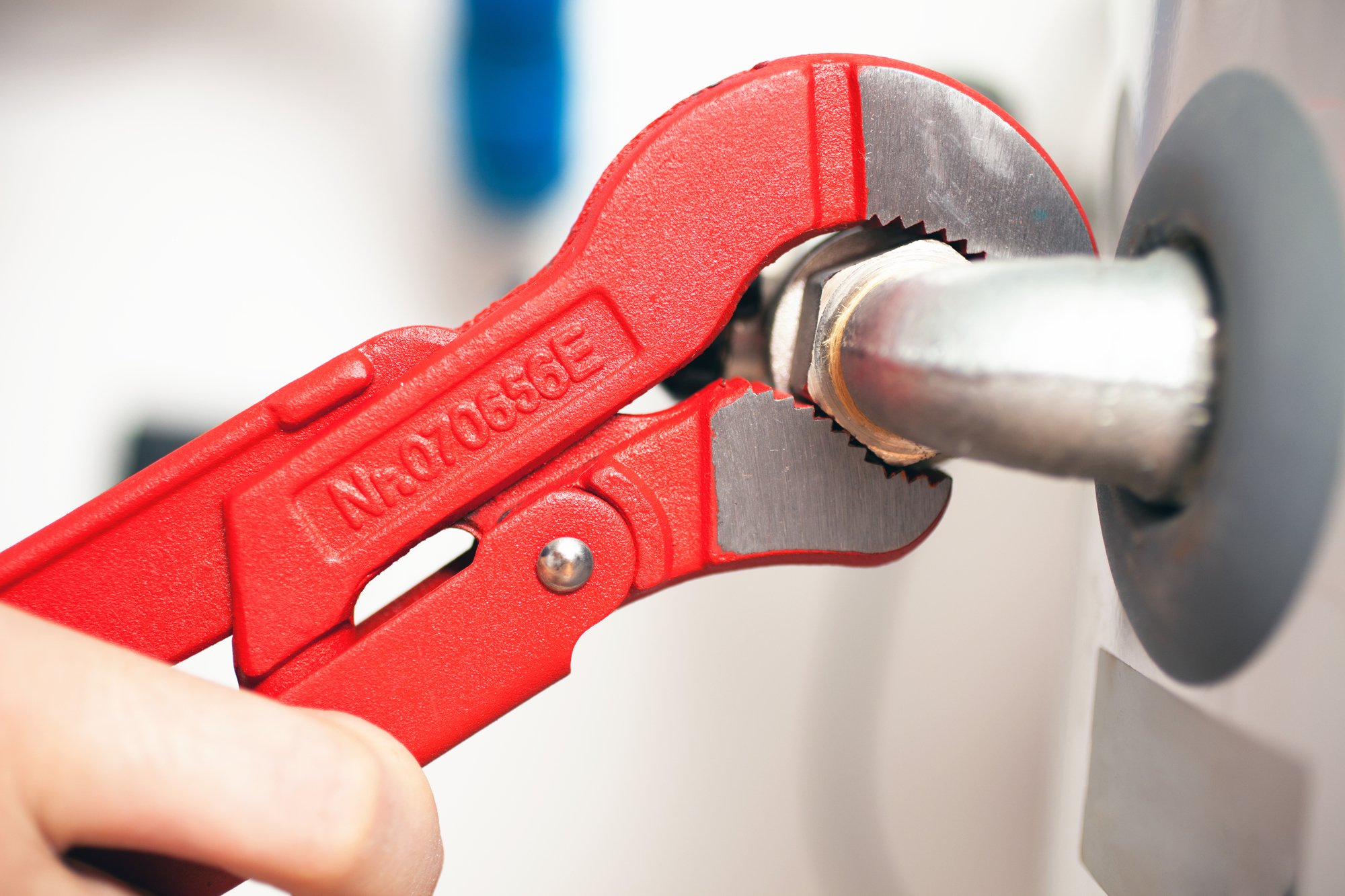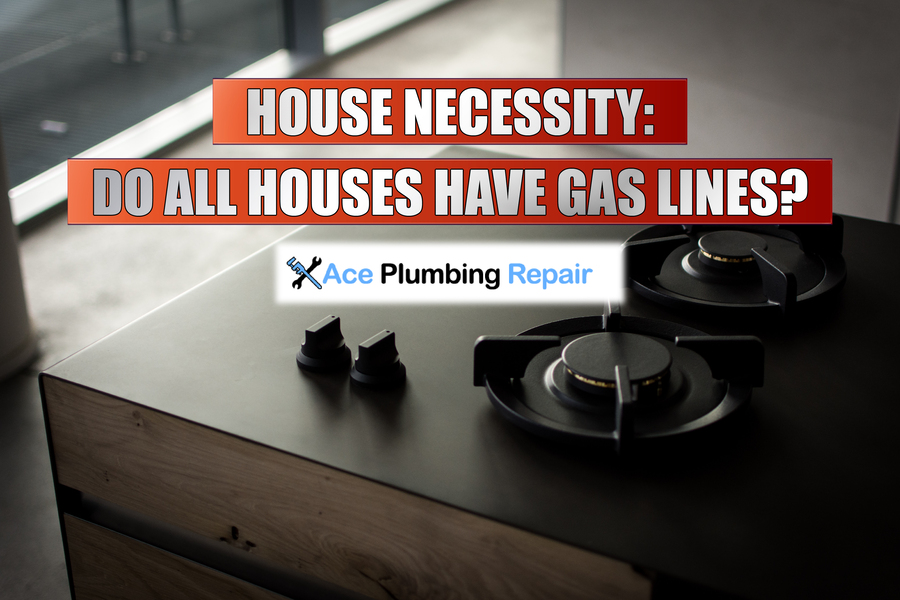The presence of gas lines in U.S. homes is a point that uncovers the rich tapestry of energy variety the nation over. While flammable gas remains a typical decision for some families, the scene is nowhere near uniform. This comprehensive overview explores do all the houses have gas lines in the system and why is it necessary.
What is a Gas Line Service in A house?
A gas line in a house is a pipeline that conveys petroleum gas from an outside source into the home to supply different appliances and fixtures. Valuable for apparatuses that expect gas to quickly work. Allow us to jump ace plumbing repair somewhat more profound into the accompanying matter.
Key Features of A Gas Line In Service a house
- Gas Meter: Typically they are outside of the home, the gas meter showcases the level of gas consumption. It is a fundamental part of charging.
- Gas Lines: These are pipes that run from the gas meter into the house and disseminate petroleum gas to different apparatuses. The lines are regularly made of materials like steel, copper, or plastic.
- Gas Shutoff Valve: The introduction is for well-being reasons, the gas shutoff valve permits occupants to switch off the gas supply to the whole house in the event of a crisis or when appliances are not in use for an extended period.
- Gas Apparatuses: Inside the house, gas lines interface with explicit machines like gas ovens, broilers, water warmers, heaters, and gas chimneys. These machines utilize flammable gas as a fuel source.
It’s critical to take note that working with petroleum gas includes security contemplations. Gas holes can be perilous, and it’s critical to follow well-being conventions and contact the gas utility supplier or a professional proficient in the event that you suspect a gas spill or have worries about the gas line in your home. Normal support and occasional assessments are given to guarantee the protection of gas lines and apparatuses.

Do All Houses In The U.S. Have Gas Lines?
Actually no, not all houses in the US have gas lines. The accessibility of gas lines in homes changes relying upon elements like geological area, neighborhood foundation, and individual inclinations. Metropolitan regions will quite often have a more suitable gas foundation, making petroleum gas a typical energy hotspot for warming, cooking, and machines. Interestingly, provincial or far-off regions might depend on elective energy sources like power, propane, or warming oil because of the shortfall of gas pipelines. Also, a few property holders pick energy sources in view of variables like expense, natural effect, and individual inclinations, further adding to the variety of energy decisions in U.S. families.
Geographical Variability
Geology plays a critical part in deciding if homes have gas lines. Urban regions frequently boast and showcase their gas foundations, furnishing inhabitants with helpful admittance to flammable gas. Conversely, rustic or distant regions might need broad gas pipelines, driving property holders to pick elective energy sources like power, propane, or warming oil.

Environmental Considerations
The natural effect of fuel sources altogether impacts private decisions. Progressively, mortgage holders are thinking about eco-accommodating choices, prompting an ascent in the reception of electric machines, solar machinery chargers, and other maintainable energy arrangements.
Regulatory Guidelines
Nearby guidelines and construction standards influence the presence of gas lines in homes. A few districts might have severe rules for gas foundation, while others might focus on a blend of energy choices or spotlight on advancing explicit other options.
Do All Houses Have Gas Lines Benefits From The Service?
Having a gas line in your house comes with several benefits, making it a popular choice for many homeowners. Here are some advantages of having a gas line in your house:
Cost-Efficiency
Gas is much of the time more practical than power for home warming. Gas heaters and boilers can be more energy-productive and bring about lower warming bills.
Appliance Efficiency
Dryers and Chimneys: Internal combustion garments dryers and chimneys are proficient and can bring down energy charges comparable to other electrical options.
Environmental Impact
Cleaner Consuming: Flammable gas is viewable as a cleaner-consuming fuel comparable to other options, radiating less ozone-depleting substances and poisons.
Increasing Home Value
Resale Allure: Homes with gas lines might have higher resale esteem, as potential purchasers frequently value the advantages relatable to internal combustion machines and warming frameworks.
Versatility
Multi-Reason: Flammable gas is useful for different applications, including warming, cooking, water warming, and fueling machines, making it a flexible energy source.
How Do I Know If My House Has Gas Lines
Understanding the appliance of having a gas line in the house is really a critical matter. Sometimes new renters may live in the darkness if they don’t understand how their house has a connection to the service of a gas line. Not only this, the right knowledge may also save lives from crucial danger as well.
Check Utility Bills
Look at your service bills or contact your gas utility supplier. Gas use will be demonstrated on the bill, affirming the presence of a gas line.
Look for Gas Appliances
Review your home for gas machines like a gas oven, water radiator, heater, or gas chimney. The presence of these machines proposes the accessibility of a gas line.
Examine the Exterior
Examine the outside of your home for a gas meter or gas pipes driving into the home. Gas lines frequently go into the house through the outside walls.
Consult a Professional
If all else fails, consider employing a professional proficient, like a handyman or a gas utility professional, to investigate your property and affirm the presence of a gas line.
Keep in mind, that working with gaseous petrol requires alert because of wellbeing concerns. On the off chance that you suspect a gas release or are uncertain about the presence of a gas line. Then, at that point, reaching your gas utility supplier or an expert for assistance is vital.
FAQ
Q: Is having a gas line fundamental in my home?
A: The need for a gas line relies upon individual inclinations, territorial accessibility, and explicit energy needs.
Q: What are the advantages of having a gas line?
A: Benefits incorporate expense productivity, exact cooking with gas ovens, and a dependable, ceaseless gas supply.
Q: Is Gas Blast in Houses Normal?
A: No, Gas blasts in houses are not normal It’s exceptionally found in a significant stretch.
Q: How might I decide whether my home has a gas line?
A: Actually, take a look at service bills, review gas machines, find the gas meter, and contact the neighborhood gas service organization for data.
Conclusion
In conclusion, the decision on whether it is necessary to have gas lines in houses is really complex and influences a variety of factors. Property holders should gauge their singular inclinations, territorial energy foundation, machine decisions, and ecological contemplations. While gaseous petrol offers benefits concerning productivity, cost-viability, and flexibility, elective energy sources like power or geothermal choices may likewise introduce practical and maintainable other options. In this way, the response to every one of the houses having gas lines relies upon various areas. One can not just tell it yes or no yet contingent upon the natural factors the requirement for a gas line is variable.






